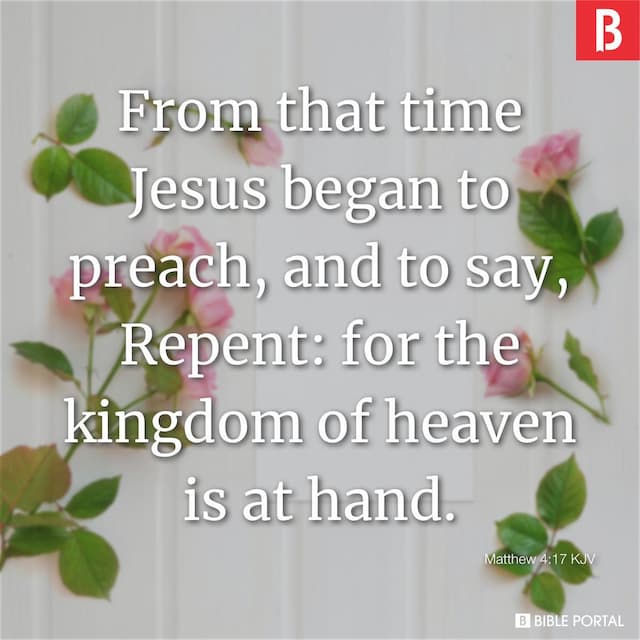Extolling God through praise and worship
Praise and adoration please our Creator. Image: Rachel Coyne|Unsplash
In the olden times, the Israelites worshiped God by sacrificing animals as burnt offerings. A goat, lamb, or another mammal was entirely incinerated on the altar as a gesture of restoration between God and sinful man. This ritual of sacrifice and command were also practiced to express their joy and thanksgiving to God for their victories in war, famine, and other circumstances.
Today, Christians worldwide keep acclaiming God through singing, dancing, shouting, crying, praying, fasting, or walking in the Spirit daily. We express these acts of exaltation alone, in groups, or in a church congregation.
The Essence of Praise and Worship
“God is spirit, and his worshipers must worship in the Spirit and in truth.” – John 4:24
In its earliest form, praise and worship included singing, dancing, using musical instruments, and shouting to the Lord. King David leaped and danced for joy when he finally saw the Ark of the Covenant—the most sacred chest that contained the 10 Commandments. The rest of the kingdom praised and worshiped God with Him. ” (2 Samuel 6: 14-15)
The way we express our praise and veneration takes on several forms. These holy acts can be expressed through solemn prayer, sincere words, shouts of happiness, singing, dancing, or doing good works for others.
Praise and worship are also not solely bounded within the four walls of our structural churches. We can adore God and pray at the office or utter joyful praises at our homes or in the park. We honor and celebrate God anytime, anywhere.
As a man of prayer, Jesus Christ, our Messiah, often communed with His Father through fervent prayer, solemn worship, and active praise. In the Bible, the Lord prayed and worshiped the Father in the desert, mountains, temples, and homes—anytime and anywhere.
Main reasons why we praise and worship the Lord:
- To honor our Creator
- Express our thanksgiving
- To plead to God for help, provisions, and healing
The Benefits of Praise and Worship
The tradition of praise and worship has played a pervasive role in human history for centuries, imparting cultures and religions worldwide with significance. Engaging in godly celebration has numerous advantages, including fostering a sense of community and belonging, boosting mental and emotional health, and deepening spiritual connections.
Through singing and praising, people can express their emotions and connect with others who share similar beliefs and values. This sense of community can provide comfort and support, especially during difficult times.
Additionally, engaging in praise and worship has been shown to positively affect mental health, reducing symptoms of anxiety and depression. It also promotes mindfulness and tranquility.
Lastly, through reverential worship and praise, people can connect with their spirituality and better understand their purpose and connection to the world around them. The benefits of these pious acts are numerous and can positively impact both personal and communal well-being.
Pleases God
Praise and worship are two powerful ways that have been used for centuries by people to connect with something beyond themselves.
We are created to praise and worship God. When we always express our sincerest prayers of exaltation and utter songs of joy to God, He is delighted.
Worship Uplifts Our Spirits
Praise and worship cleanse our sinful and sordid souls. It has been found that singing, dancing, and praising can reduce stress and anxiety levels in individuals.
The physical act of singing releases endorphins in the brain, which contributes to happiness and positivity. When we honor God and praise His holy Name, we invite the Holy Spirit to dwell in us and purify our inner beings.
Edifies the Church
The bond of fellowship between church believers is strengthened with congregational praise and worship. Adulation and adoration can create a sense of community and belonging, providing individuals with a support system to lean on during difficult times.
With our brothers and sisters in Christ, we please Him through our collective songs and hymns through praise and worship.
Makes Us Healthy
Many people who practice praise and worship also report feeling a sense of purpose and direction in their lives. Reverential worship also produces beneficial results for our health.
Duke University Medical Center researchers revealed, “People who regularly attend religious services appear to have a healthier immune system than those who don’t.”
Are We Worshiping the True God?
“Therefore, I urge you, brothers and sisters, in view of God’s mercy, to offer your bodies as a living sacrifice, holy and pleasing to God—this is your true and proper worship.” – Romans 12:1
Today, many are engaged in the concerns of this world. We worry and spend most of our time doing our jobs and caring for our families. We forget to pray, read the Bible, and worship God in our busyness. We also neglect to praise Him during church services.
Worse, many prioritize money, cars, possessions, hobbies, and other things in this world instead of God. Idolatry creeps into our ranks when we adore loved ones, pets, rock stars, celebrities, and our careers. Author Edward Welch once remarked: “Will we worship our own desires or will we worship the true God?”
We are called to be holy and pleasing to God daily and everywhere. Praise and worship are the core on which we should spend our lives. With both, we can sufficiently serve our Creator.
More from Crossmap: The Power of Praise and Worship










